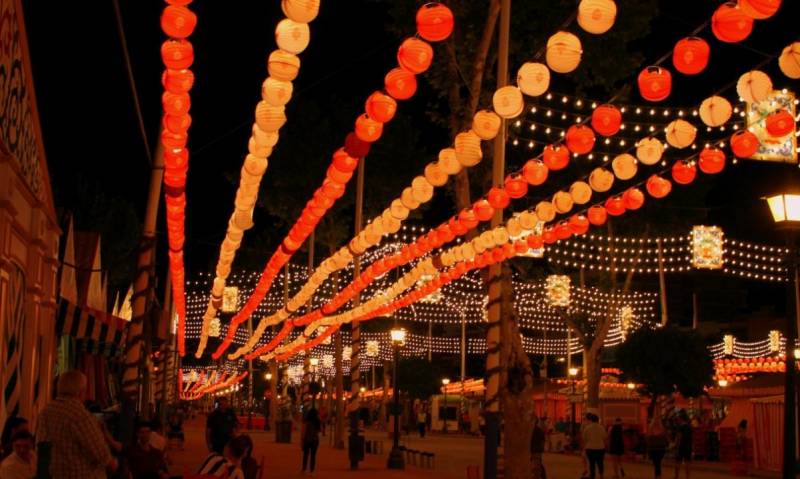Spanish News Today Editors Roundup Weekly Bulletin Oct 15
CLICK HERE FOR THE FEATURE ARTICLES "Meteorologists using ancient methods forecast winter weather in Spain" and "Gaffes and blunders at Oct 12 Spain Day celebrations"
Despite the rain earlier in the week, there were plenty of celebrations in Spain as the royal family, the president and other government officials joined the masses in Madrid for a military parade in honour of Spain Day on October 12. But things almost came a cropper in more than one way, in what is becoming something of a tradition of blunders and mishaps that happen every year at the parade.
While this weekend is fairly dry and sunny in most parts of Spain, more rain and inclement weather await us this winter, according to the mystical and mysterious cabañuelistas, who predict the weather using ancient, esoteric methods of divination. Whether or not these traditional methods can be trusted is another matter, but the government sure seem to be taking seriously the fact that thousands of families are going to struggle to pay their heating bills this coming chilly winter, and so have announced yet more measures to try and bring down the cost of living.
National Spain Day, October 12
Did you enjoy the day off this Wednesday if you were in Spain? Maybe you didn’t even notice it. Or you had a bit of a wet one wherever you were. But someone who couldn’t escape the heat this National Spain Day – which is celebrated every year on October 12 – was dear old President Sánchez. For the second year running, poor Pedro has been booed and shouted down by the braying crowds as he exited his car on arrival at the traditional ceremony and military parade in Madrid.
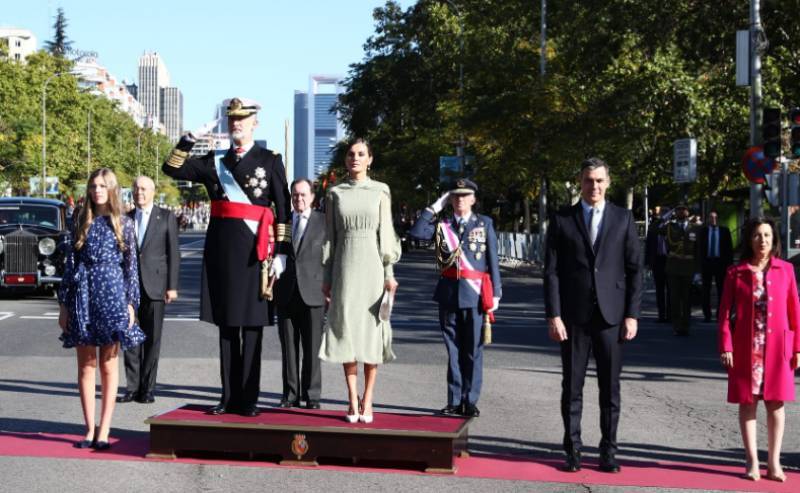
What’s more, he arrived late. As per tradition, it is the King who is supposed to be the last to arrive, so that everyone is in place for him to be able to meet and greet to get the proceedings underway. But thanks to the President’s tardiness,
King Felipe was made to wait in his idling car – not a good look for Sánchez.
He’s used to being heckled, of course, but it was almost worse for one other person at the parade who also put their foot in it. Every year at the military parade, a member of the Air Force jumps out of a plane and parachutes to the ground in the centre of Madrid. One year, the poor jumper got himself tangled up in a tree instead of landing safely on the ground.
This year, the gaffe came when the
parachute jumper got tangled up in the Spanish flag he was carrying and there was a tense moment when everyone wondered if the day’s events would come to a tragic end. Thankfully though, he managed to free himself just in time and returned to the ground safely, albeit somewhat shame-faced.
Winter wonderland
It’s been a pretty dreary start to October after the scorcher of a summer Spain experienced, and you might be wondering just what kind of weather lies in store for us this winter. Well, traditional meteorologists can’t really predict the weather that far ahead with any great deal of certainty, so that’s when people turn to the ‘cabañuelas’ – a series of ancient methods that consider the seas, winds and even animal behaviour to anticipate the climate.
One famous teenage cabañuelista, Jorge Rey, accurately predicted storm Filomena in 2021 and he’s since been considered somewhat of an expert in the field.
As is typically the case, the Vega Baja, particularly Torrevieja, took the brunt of the adverse weather conditions and social media was awash with shocking scenes of vehicles being swept along in a tide of rising water after more than 50 litres per m2 of rainfall fell in just 45 minutes.
Crews from Alicante Provincial Consortium of Firefighters dealt with 14 incidents in five hours on Monday evening, rescuing several motorists trapped inside their vehicles or flooded homes and dealing with the aftermath of landslides. Four flights destined for Alicante-Elche airport were unable to land due to the extreme conditions and were diverted to Valencia, Murcia, Malaga and Ibiza.
Of course, most of Europe is in an uncomfortable state of insecurity at the moment as the threat that Russia may cut off the gas supply is still very much alive. The news from the cabañuelistas that we are in for a cold, wet winter is unlikely to provide much comfort to many homeowners. Young Jorge Rey predicts that the winter in Spain will be very cold, with plenty of humidity, intense storms and quite a lot of snowfall.
To top it off, the young meteorologist hasn’t ruled out the arrival of another devastating storm to rival Filomena in January 2023.
Paying the price
Overall, the plan of the government is to cut natural gas use by between 5.1% and 13.5% and to implement new protection for households, particularly the more vulnerable families.

The crucial point is they have remained true to their word and will not impose any kind of limitations on the use of energy in private homes. However, one change involves a so-called ‘comparative’ electricity bill, whereby customers will be given a list of tips on saving energy on the back of their bill, as well as comparing their usage with their neighbours who have the same post code.
On top of this, a new, temporary category of electricity consumers will be created who will now be entitled to a
40% discount on their energy bills this winter. The measure will only apply to low-income workers and will mean real savings for around one and a half million additional households, paid for thanks to a cash injection of 3 billion euros from taxpayers’ money. The opposition are accusing the government of spending money it doesn’t have and of mortgaging the country’s future to bail out the present – a strategy that will bring the economy to its knees in the next few years. To be able to effectively subsidise the energy bills for over a million homes, the government plans to raise money by increasing taxes on the large energy companies themselves. The electricity social bonus and the thermal bonus will also be extended to reach more vulnerable families while homes that are part of communities with centralised natural gas heating will see their rates regulated for the first time.
Spain’s response to this financial crisis which is affecting so many people so badly, and meaning that fewer and fewer of us have any spare money left over at the end of the month, contrasts dramatically with certain other countries (naming no names) who have seen their mortgage rates spike and their currencies plummet, and yet still consider tax cuts for the wealthiest to be a proportional and fair solution.
Aside from energy bills, the Spanish government is also doing its bit to try and ease the burden of the rising cost of just making it to the end of the month for ordinary households by
requesting that banks 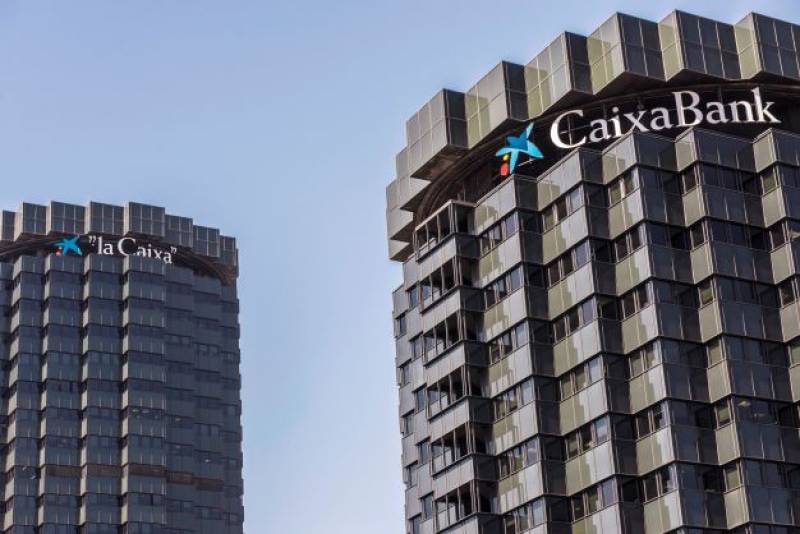 put a freeze on mortgage repayments
put a freeze on mortgage repayments. The Euribor, which is used by European banks as a reference for their interest rates, has just up by more than 3% in the last year – from -0.5% to 2.6% in just 12 months. In real terms, this means that thousands of people who have variable rate mortgages are having to pay hundreds more each month on their repayments and are struggling to make ends meet.
That’s why the Ministry of Economic Affairs is calling on banks to find a solution, and the most popular suggestion they have come up with as of now is to freeze mortgage repayments for those who are struggling the most for up to a year. Of course, the details still need to be ironed out, such as when the freeze would come into force and at what interest rate, but it is welcome news to the ears of many hard-hit families.
Murcia
When was the last time you had to show anyone your Covid certificate? You know that digital so-called ‘Covid pass’ that you can download on your phone or print off to prove that you’ve been vaccinated? Time was you actually had to show those things to be able to get into theatres, concert venues,
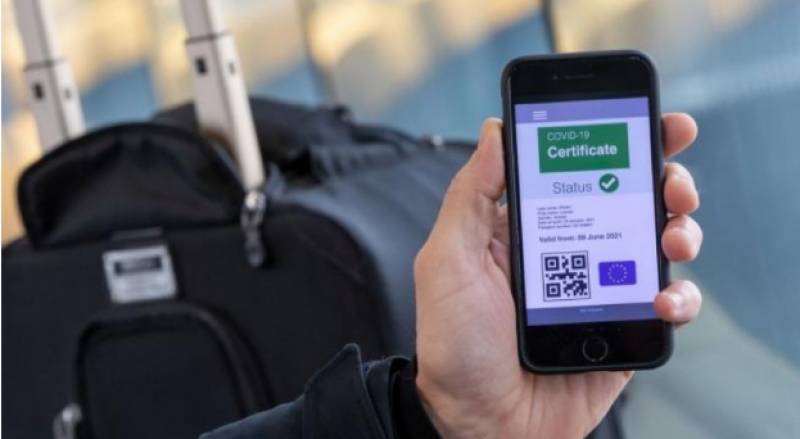
cinemas and even bars. Those days are now behind us, and about the only place you might still be asked for it is on arrival in Spain at the airport (and most of the time not even then – only when somebody can be bothered to remember to ask you).
Despite this, the Murcia regional government have insisted that anyone who downloaded their current Covid certificate before October 2 – so almost everybody – will have to
renew their certificates by May 2023. Basically it’s because of a technical computer issue on their end as the security systems of the Document Signing Certificate will run out. Either way, it’s worth knowing that you’ll have to renew your Murcia Covid pass some time in the next seven months, although by then you’re even less likely to need the thing than you are now.
While this may not come as much of an earth-shaking announcement to many, what may is the news that
Cartagena experienced an earthquake this week. At just after midday on Tuesday, an earthquake measuring 2.1 on the Richter scale occurred off the Cartagena coastline, in the area around Cabo Tiñoso. Of course, 2.1 isn’t actually very strong, and thankfully no one was harmed in the quake.

However, there was a tragedy last weekend in the Region after a
9-year-old boy was killed when he fell off a mechanical bull. At first it was thought that being thrown from the bucking bronco and landing on the ground was what led the child to have a heart attack, but an autopsy found that he had actually had a sudden, massive cardiac arrest while he was on the ride and then fell off.
Regardless, it turns out that the bull was installed there – in the middle of the street in the small town of Lobosillo just outside Murcia city – illegally. It had been placed there as part of a street party organised by a local man to celebrate his 50th birthday, but he had explicitly been denied permission to do so by the local council. He went ahead and did it anyway, and now both he and the company that he hired the bull from are being investigated to see if they can be held in some way accountable for the young boy’s untimely death.
Check out our EVENTS DIARY to see everything going on in Murcia:
Spain
In Barcelona, the ‘Paradiso’ bar has celebrated being crowned
the best bar in the world. The World’s 50 Best Bars is an annual list that every self-respecting industry insider wants to be part of, and the top spots are usually dominated by establishments in the likes of New York and London. But this year, not one but four Spanish bars made it into the top 20, a ranking which is voted by 650 beverage experts from around the globe.
With Paradiso in first place, the bars ‘Sips’ and ‘Two Smucks’ in Barcelona landed at number three and seven, respectively, while ‘Salmon Guru’ in Madrid came in at number 15.
It wasn’t all fun and games this week, however, as one taxi driver got the fright of his life when he spotted an
enormous bear strolling through the streets of the Castilla y León city of Ponferrada during an early morning run.
Once the animal had been guided to safety and pedestrians and drivers were no longer considered to be at risk, the Ponferrada Local Police posted an astonishing video of the incident on social media and explained that the bear had been directed to the Monte Pajariel countryside. Bears are typically very wary of people and will avoid contact if possible, but officers still warned locals to remain on their guard in case it returns.
Even though several UK news outlets claim the blonde beauty is holidaying in Spain, Mallorca locals have set the record straight, explaining that she has been living in the town “for months without anyone knowing it”. According to residents, Heard has rented a 2.8-million-euro luxury villa, where she now lives with her daughter Oonagh Paige and several staff.
He even claimed that he had DNA tests showing a 99% match with Juan Carlos, but the Spanish Supreme Court threw out his paternity lawsuit in 2015.
In preparation for the show, Solà met up with Belgian housewife Ingrid Sartiau, who is also adamant that she is the former king’s child. Juan Carlos, whose life has been steeped in controversy, was a notorious philanderer and many historians believe he could have fathered dozens of illegitimate children.
Alicante
In Alicante province, the rising energy costs are also hitting property owners who rent out their apartments to tourists. In an attempt to try and claw back some of the money spent on hefty energy bills, holiday apartments in the province’s most popular seaside resort, Benidorm, have announced that they may
start charging tourists extra for air conditioning in their rooms.
The Association of Tourist Apartments of the Valencian Community (Aptur) has come up with a series of proposals to help the owners of tourist apartments and holiday rentals like Airbnbs spend less in the current climate of soaring energy costs, including physically limiting the temperature to which renters can lower the air conditioning and charging an extra fee on top of the rental price.
The move comes as holidaymakers in Benidorm, and also Torrevieja, are being accused of putting the air conditioning on as low as 18ºC/64ºF and leaving it on 24 hours a day, even when they’re out and about, costing the owners of these holiday apartments thousands of euros as well as having a seriously negative effect on the environment.
There are other suggestions, such as only allowing the air con to be turned on at certain times and installing presence detectors in the apartments so that appliances only turn on when someone is inside, but the news is yet another blow to tourists who are already having to contend with rising air fares and car hire, amongst other expenses.
To make things super easy, Spain’s Guía Repsol (Repsol Guide) has added 30 of the region’s establishments to its comprehensive list of 500 bars and cafés dotted around the country recommended for those looking for a traditional place popular with locals and essentially off the beaten track.
The guide describes the establishments in this section, known as the ‘Soletes de Barrio’ category, as “friendly, appealing places that you would recommend to a friend”.
Andalucía
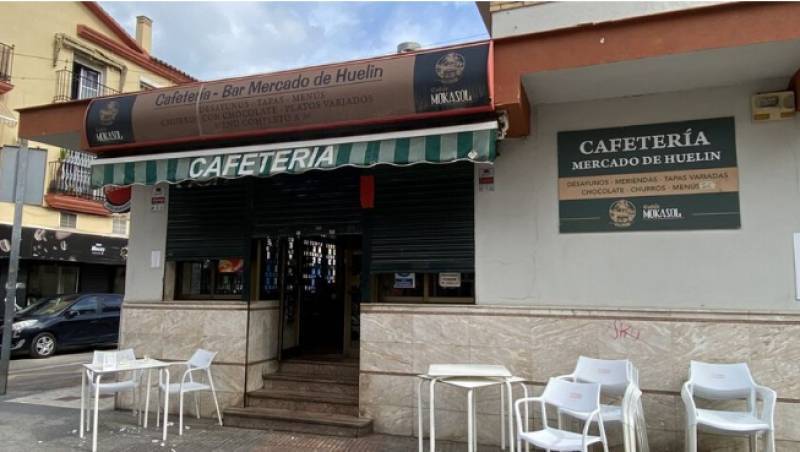
It emerged this week that, of all places in Spain, Malaga actually has the cheapest Menú del Día in the whole country.
The Menú del Día – or Menu of the Day – is a set menu that’s available at many Spanish restaurants and is something of an institution, offering a three-course meal plus a drink for a (generally) low price of around 10 euros. Of course, the rising cost of living across the board being what it is, these Menús del Día have been going up steadily in price, and the average in Spain is now 12.80 euros.
But there’s one place in Malaga city that has managed to keep its prices lower than the rest – the
Huelin Market Bar, home to the cheapest Menú del Día in Spain. For the bargain price of just 5 euros, you can get a starter, main course and dessert, as well as a drink and a basket of bread. So how do they manage to keep prices down?
The bar’s manager, Carmen Martín, says the secret is as simple as buying fresh, local produce from nearby markets: “In this bar we help a lot of elderly people and people who are on the street,” she says. The beauty of buying in-season, readily available produce is that the Menú del Día is always varied, with the chef designing the dishes of the day depending on what fruit, vegetables and protein are in stock.
Others looking to save money are Seville City Council, who have vowed to
turn off their Christmas street lights an hour earlier in the evenings, a measure that other cities in Spain, such as Madrid, have been loathe to do as it would cut short the times that shoppers are most likely to come to the city centre to spend money, and so would actually end up being counterproductive.
Although Halloween hasn’t even come and gone yet, Seville have already announced the switch-on date for their Christmas lights, which will be on December 5 this year. That’s a delay of about a week from when they’re normally turned on in the Andalusian capital as the authorities say they’re trying to do their part to reduce energy consumption this year.
You may have missed…
- “In the next few weeks”: UK Ambassador on when driving licence issue will be resolved.
The British Ambassador to Spain, Hugh Elliott, has hinted that the outstanding issues on driving licences for Brits in Spain could be resolved “in the next few weeks”.
- 80-year-old woman on Ryanair flight from Bournemouth rushed to Murcia hospital after fainting mid-flight.
An elderly passenger on a plane from Bournemouth to Murcia’s Corvera airport this morning had to receive emergency medical treatment on the runway after falling ill mid-flight.
- Long-awaited new Rincon de Loix health centre in Benidorm finally set to become a reality.
Following mounting pressure for a new outpatient clinic at Benidorm’s dilapidated Rincón de Loix medical centre, the Valencia Government has finally agreed to invest 4.7m euros to set the ball rolling.
- Search for American soldier missing from Rota Naval Base in Cadiz.
Police are calling for help from volunteers – especially those who have their own boats – to search for Eric Adam Caldwell, a soldier who went missing from the US Naval Base in Rota, Cadiz, on October 7.
- German tourist killed while lying on Spanish motorway.
A young German tourist was hit by a car and killed in Mallorca on Saturday night, October 8, as he was lying in the middle of the unlit Llucmajor motorway.
And that’s all from us for this week. Thanks as ever for reading, and we’ll be back next week.
See you then!
Got a business in Spain? Advertise with us.
Murciatoday.com and its affiliated Spain Today Online sites can help bring your business to a wider audience – over 350,000 unique readers every month. We’ll provide you with custom-made banner ads, a personalised listing in our Business Directory and special feature articles about your particular business niche.
Don’t limit yourself to the yellow pages. Get online! After Covid, can you afford not to? Contact us today to find out how we can get wider exposure for your business.
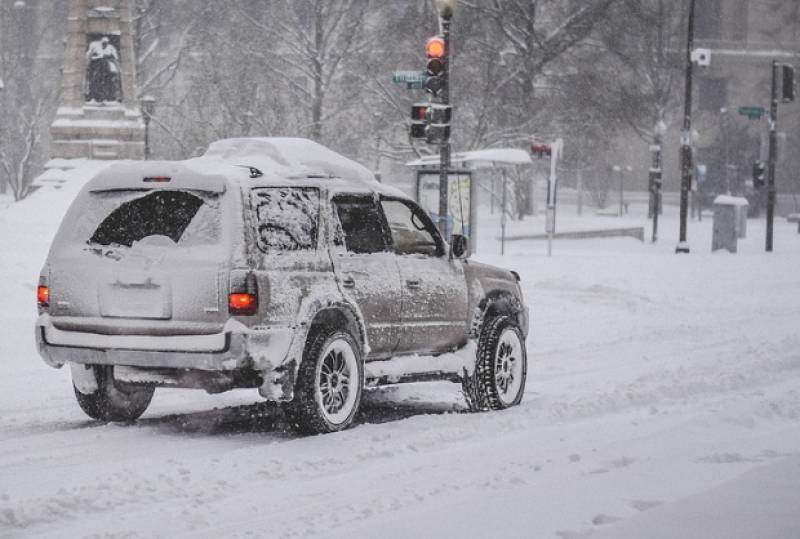
 What’s more, he arrived late. As per tradition, it is the King who is supposed to be the last to arrive, so that everyone is in place for him to be able to meet and greet to get the proceedings underway. But thanks to the President’s tardiness, King Felipe was made to wait in his idling car – not a good look for Sánchez.
What’s more, he arrived late. As per tradition, it is the King who is supposed to be the last to arrive, so that everyone is in place for him to be able to meet and greet to get the proceedings underway. But thanks to the President’s tardiness, King Felipe was made to wait in his idling car – not a good look for Sánchez.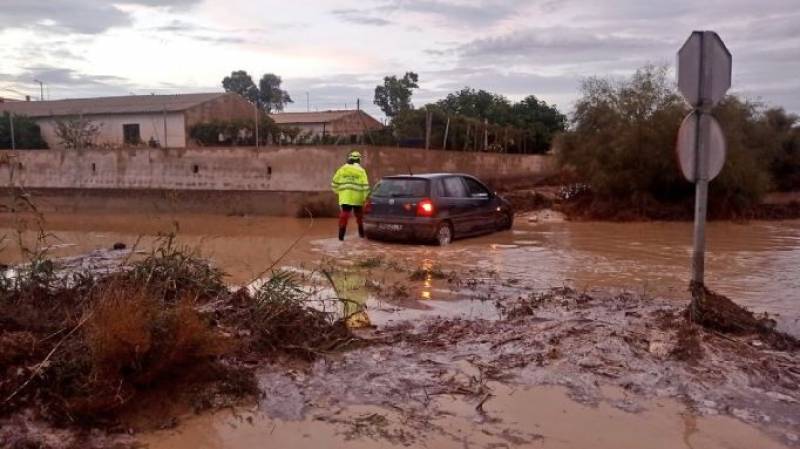
 The crucial point is they have remained true to their word and will not impose any kind of limitations on the use of energy in private homes. However, one change involves a so-called ‘comparative’ electricity bill, whereby customers will be given a list of tips on saving energy on the back of their bill, as well as comparing their usage with their neighbours who have the same post code.
The crucial point is they have remained true to their word and will not impose any kind of limitations on the use of energy in private homes. However, one change involves a so-called ‘comparative’ electricity bill, whereby customers will be given a list of tips on saving energy on the back of their bill, as well as comparing their usage with their neighbours who have the same post code. put a freeze on mortgage repayments. The Euribor, which is used by European banks as a reference for their interest rates, has just up by more than 3% in the last year – from -0.5% to 2.6% in just 12 months. In real terms, this means that thousands of people who have variable rate mortgages are having to pay hundreds more each month on their repayments and are struggling to make ends meet.
put a freeze on mortgage repayments. The Euribor, which is used by European banks as a reference for their interest rates, has just up by more than 3% in the last year – from -0.5% to 2.6% in just 12 months. In real terms, this means that thousands of people who have variable rate mortgages are having to pay hundreds more each month on their repayments and are struggling to make ends meet. cinemas and even bars. Those days are now behind us, and about the only place you might still be asked for it is on arrival in Spain at the airport (and most of the time not even then – only when somebody can be bothered to remember to ask you).
cinemas and even bars. Those days are now behind us, and about the only place you might still be asked for it is on arrival in Spain at the airport (and most of the time not even then – only when somebody can be bothered to remember to ask you). However, there was a tragedy last weekend in the Region after a 9-year-old boy was killed when he fell off a mechanical bull. At first it was thought that being thrown from the bucking bronco and landing on the ground was what led the child to have a heart attack, but an autopsy found that he had actually had a sudden, massive cardiac arrest while he was on the ride and then fell off.
However, there was a tragedy last weekend in the Region after a 9-year-old boy was killed when he fell off a mechanical bull. At first it was thought that being thrown from the bucking bronco and landing on the ground was what led the child to have a heart attack, but an autopsy found that he had actually had a sudden, massive cardiac arrest while he was on the ride and then fell off.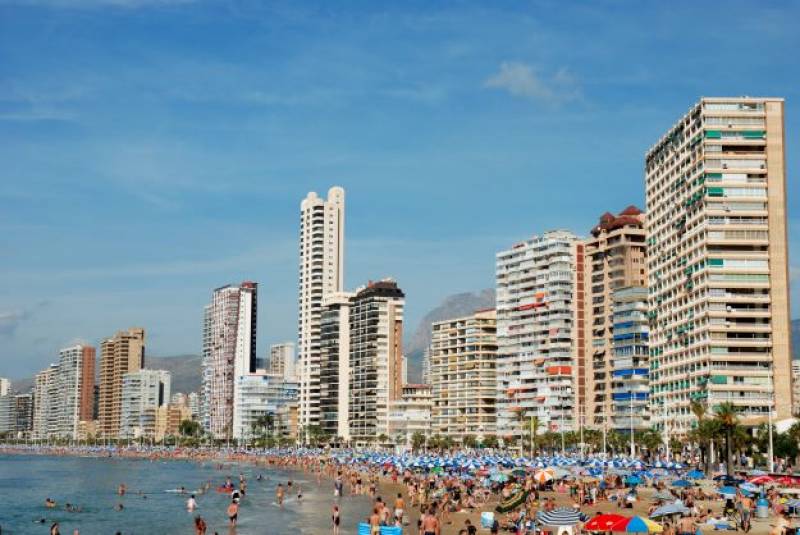
 It emerged this week that, of all places in Spain, Malaga actually has the cheapest Menú del Día in the whole country.
It emerged this week that, of all places in Spain, Malaga actually has the cheapest Menú del Día in the whole country.